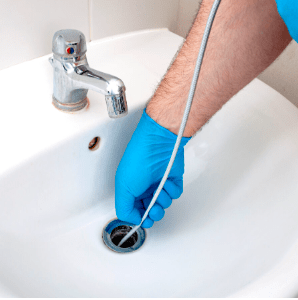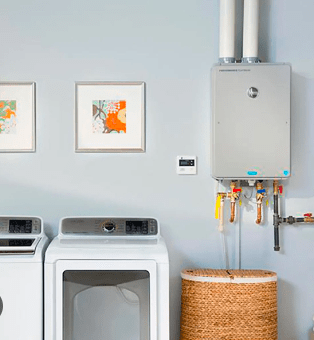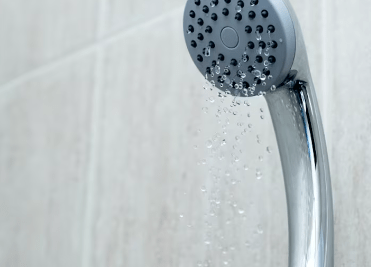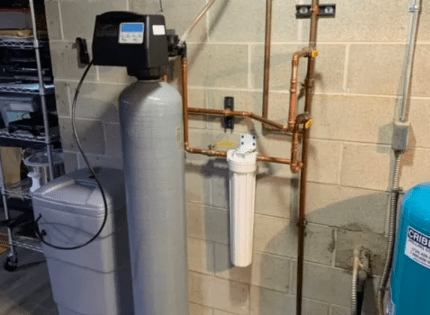As a homeowner, one of the most common plumbing issues you may face is a clogged drain. Whether it’s in your kitchen sink, bathroom shower, or toilet, a clogged drain can be frustrating and disruptive to your daily routine. When dealing with a clogged drain, you may come across terms like “drain cleaning” and “drain clearing,” but what is the difference between the two? Let’s dive into drain cleaning vs. drain clearing.
Drain cleaning and drain clearing are often used interchangeably, but there are some key differences in their processes and outcomes. Let’s take a closer look at each method to understand their distinctions.
Drain Cleaning:
Drain cleaning involves using specialized tools and chemicals to remove buildup and debris from inside your pipes. This is typically done as a preventative measure or to address minor clogs and slow draining issues. Some common tools used for drain cleaning include snaking devices, hydro jets, and chemical cleaners.
Snaking devices are long, flexible cables with an auger at the end that is inserted into the drain to break up and remove blockages. Hydro jets use high-pressure water to clear out any buildup or debris in the pipes. Chemical cleaners are also commonly used to dissolve and clear away any clogs.
Drain Clearing:
Unlike drain cleaning, which focuses on removing buildup and debris from inside your pipes, drain clearing involves addressing the source of the clog. This means finding and removing physical obstructions or blockages that are causing water flow issues. Common culprits for clogged drains include hair, soap buildup, and foreign objects.
To clear a drain, a plumber may use tools such as augers or sewer cameras to locate and remove the obstruction. In some cases, more extensive methods like hydro excavation may be used to reach deep blockages.
Which method is right for you?
The best method for addressing a clogged drain depends on the severity of the clog and its cause. If you notice slow draining or minor clogs, drain cleaning may be sufficient to resolve the issue. However, if your drain is completely blocked or there are physical obstructions in the pipes, drain clearing may be necessary.
It’s also essential to consider the potential long-term effects of each method. While drain cleaning can provide temporary relief from a clog, it may not address the underlying issue. On the other hand, drain clearing can effectively remove any physical blockages and prevent future clogs.
In some cases, a combination of both methods may be needed to fully clear a clogged drain. It’s always best to consult with a professional plumber to determine the most effective solution for your specific situation.
Preventing clogs in the first place:
While dealing with a clogged drain can be a hassle, there are steps you can take to prevent them from occurring. Regularly cleaning your drains and properly disposing of food scraps and other debris can help keep your pipes clear. Additionally, using hair catchers in shower and sink drains can prevent major buildup.
While drain cleaning and drain clearing may seem similar, they have distinct differences in their processes and outcomes. Whether you need to clear a minor clog or address a major blockage, it’s essential to consult with a professional plumber for the best solution. And remember, proper maintenance and prevention can help avoid clogged drains altogether. Look no further than Master Plumbing if you have the question of drain cleaning vs. drain clearing.



